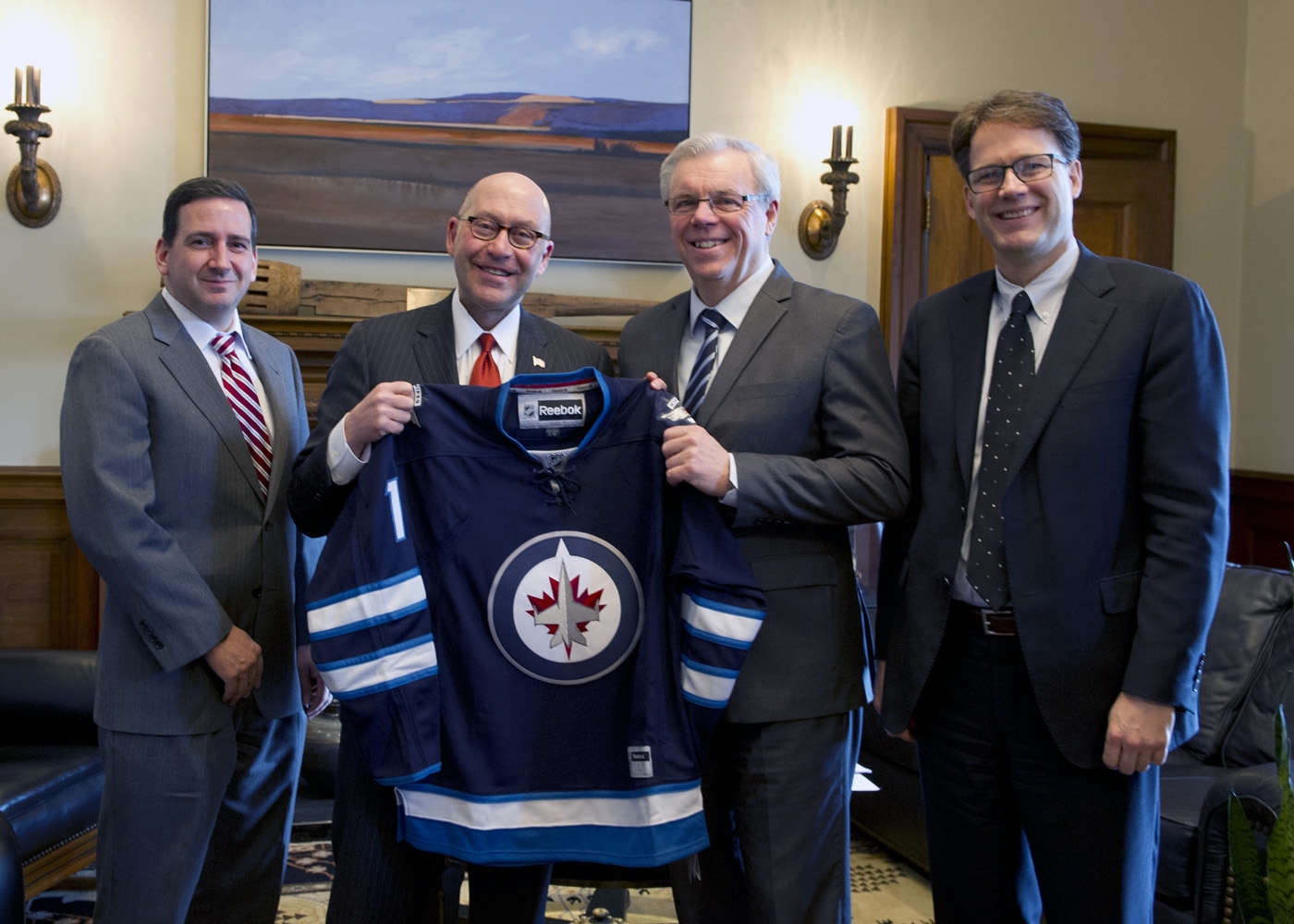By Mikhail Bryan
As the NHL Playoffs are in full swing, we thought it would be an opportune time to take a look back at previous Stanley Cup champions – specifically their one common component: failure. Failure is something most of us spend our time avoiding at all costs. Whether it be our personal or professional lives, we generally regard failure as something undesirable and indicative of a job done poorly. But what if failure is the only way through? What if our response to failure can actually lead to success?
Failure Before Success
Looking at the previous line of Stanley Cup champions, this theme of failure becomes evident. The Tampa Bay Lightning won the (COVID) Stanley Cup in 2020, after famously bowing out to the extreme underdog Columbus Blue Jackets in the first round in 2019. The 2019 Stanley Cup champion St. Louis Blues did not even make the playoffs in 2018. The Washington Capitals, the 2018 Stanley Cup champions, lost in the second round of the 2017 playoffs to what was their Achilles heel at the time – the Pittsburgh Penguins. Pittsburgh is another example. Before winning back-to-back Stanley Cups in 2016 and 2017 they fell to the New York Rangers in the first round of the 2015 Stanley Cup playoffs. If we step outside of hockey, think of Michael Jordan and his Chicago Bulls teams that experienced postseason heartbreak year after year before finally winning their first of several championships.
Clearly there is a trend here. Each of the last four Stanley Cup champions over the previous five years have experienced failure before going on to win a Stanley Cup. Now one might say this is obvious, “somebody has to lose every year before they can win, right?” While this is true and there will always be multiple teams that lose each year, what is important is how teams respond to the failure they experience. Plenty of teams fail year after year without responding positively to their failure.
Responding to Failure
This response is what I would consider to be the most empowering aspect of failure. Teams that can examine what went wrong, why it went wrong, and how it went wrong are able to turn this failure into a positive. If your team dominated 5 on 5 but could not win the special teams game, there is an immediate area for improvement. Maybe your offense was superior to the other teams, but your defensive game was lackluster. Whatever the area is does not necessarily matter, what matters is the honest discussion and reflection that occurs afterwards amongst managers, coaches and players.
I believe it is safe to say that the aforementioned Stanley Cup winners, from the Penguins to the Lightning, were able to look at their previous failures honestly and carefully in order to figure out their next steps. Whether it was a change in coaching staff (St. Louis), players (Tampa with the additions of Goodrow, Coleman, Bogosian, Maroon and others), or maybe just a slight change in style of play (thinking of Washington here), each team addressed their issues and responded by winning the Stanley Cup the following year.
Concluding Thoughts
The best part about this whole idea of empowerment through failure is this is possible to achieve at any level – in any sport, organization, job or moment in life anywhere across the world. It starts with an honest conversation amongst all involved, bringing everyone together and addressing any and all deficiencies. In addition, it takes mental toughness to treat failure as a true learning experience and not as total defeat. It will not be easy at times and it will require great perseverance from the team as a whole. Despite these difficulties, it all culminates with a championship and a ring on each finger. So what’s stopping your team?
Post image attribution: By: Michael Saffle from Columbia, MD, USA, PDM-owner, via Wikimedia Commons




